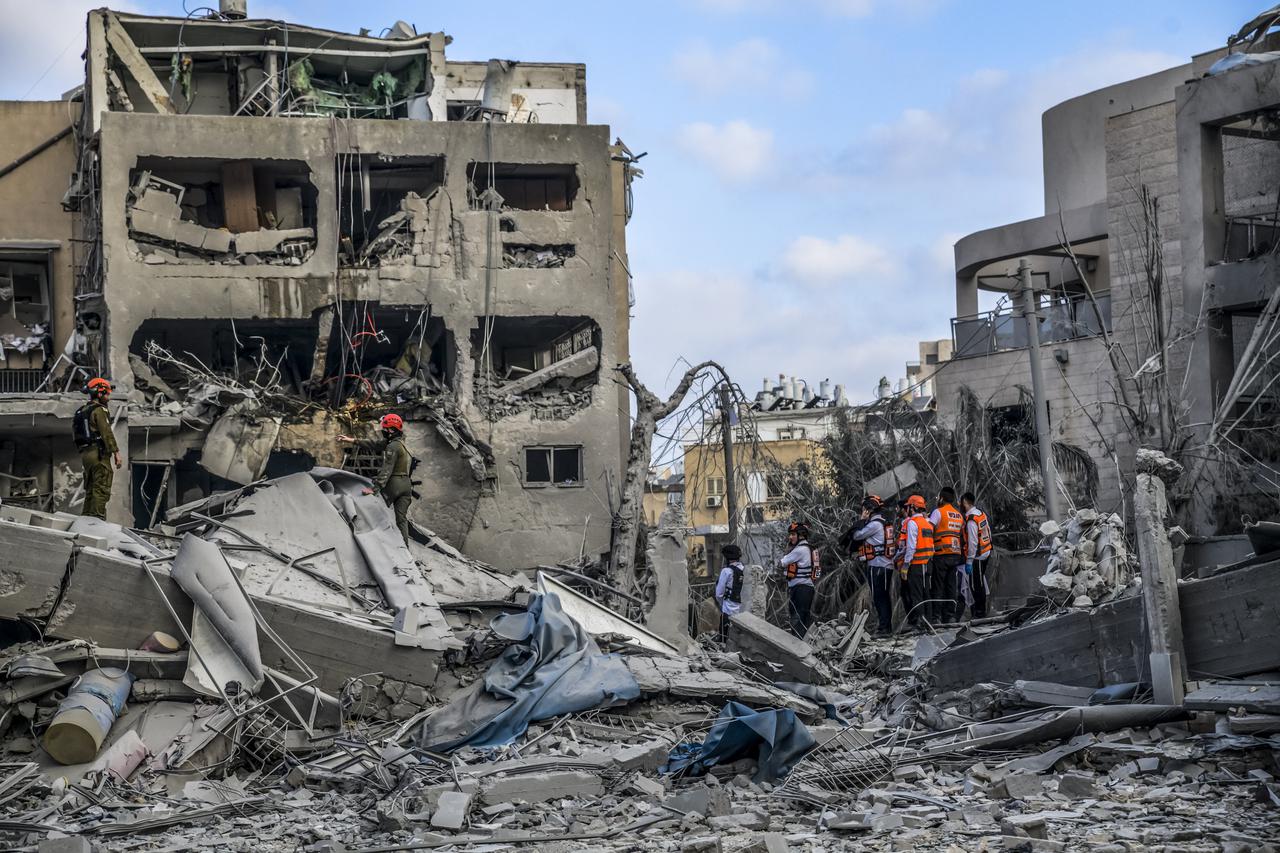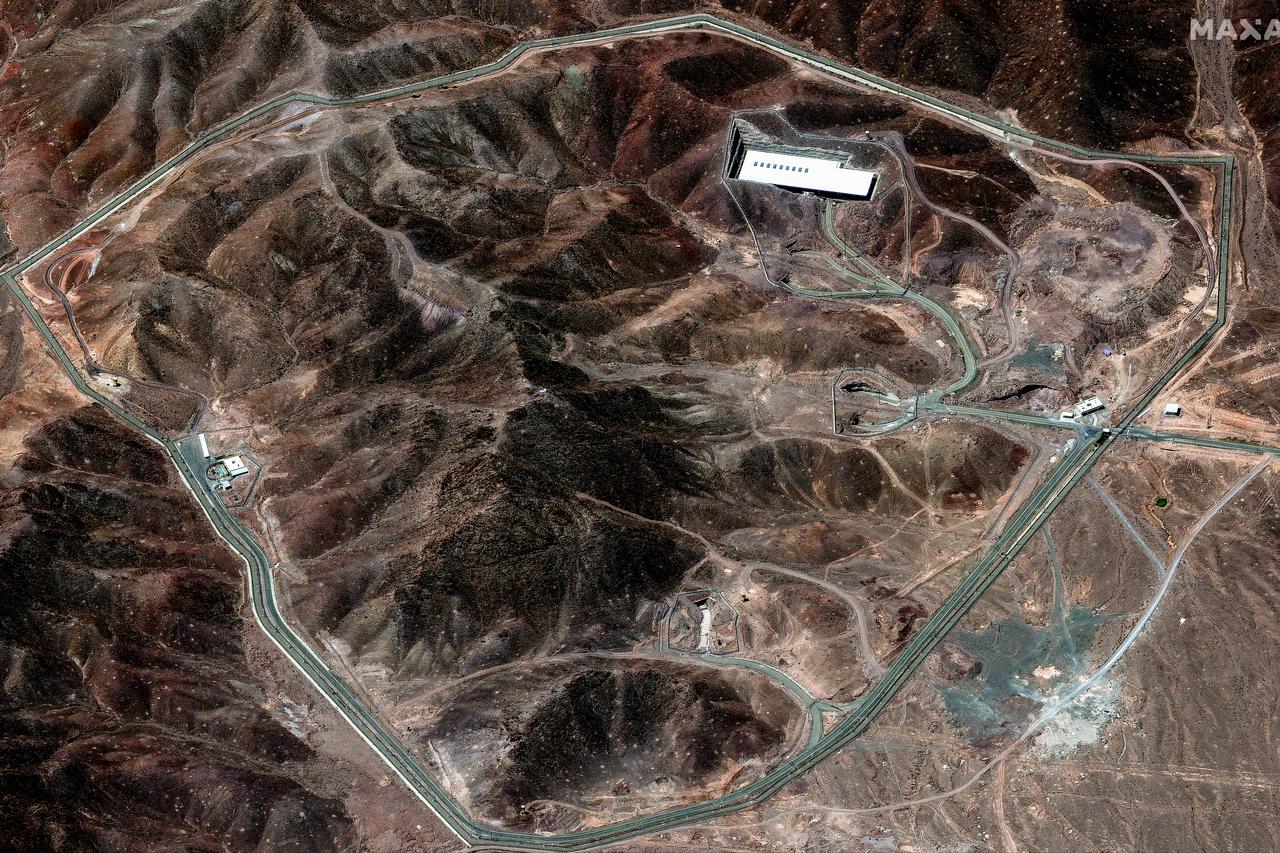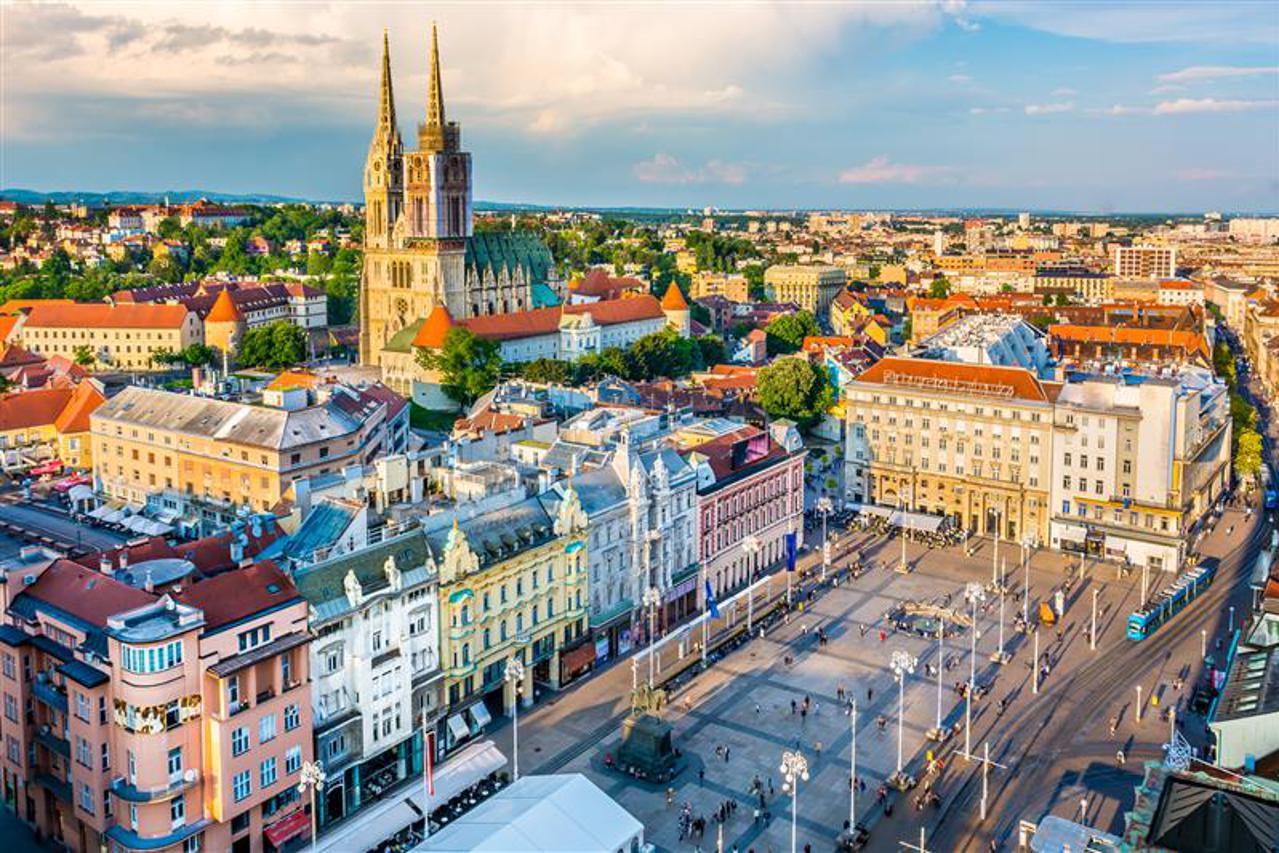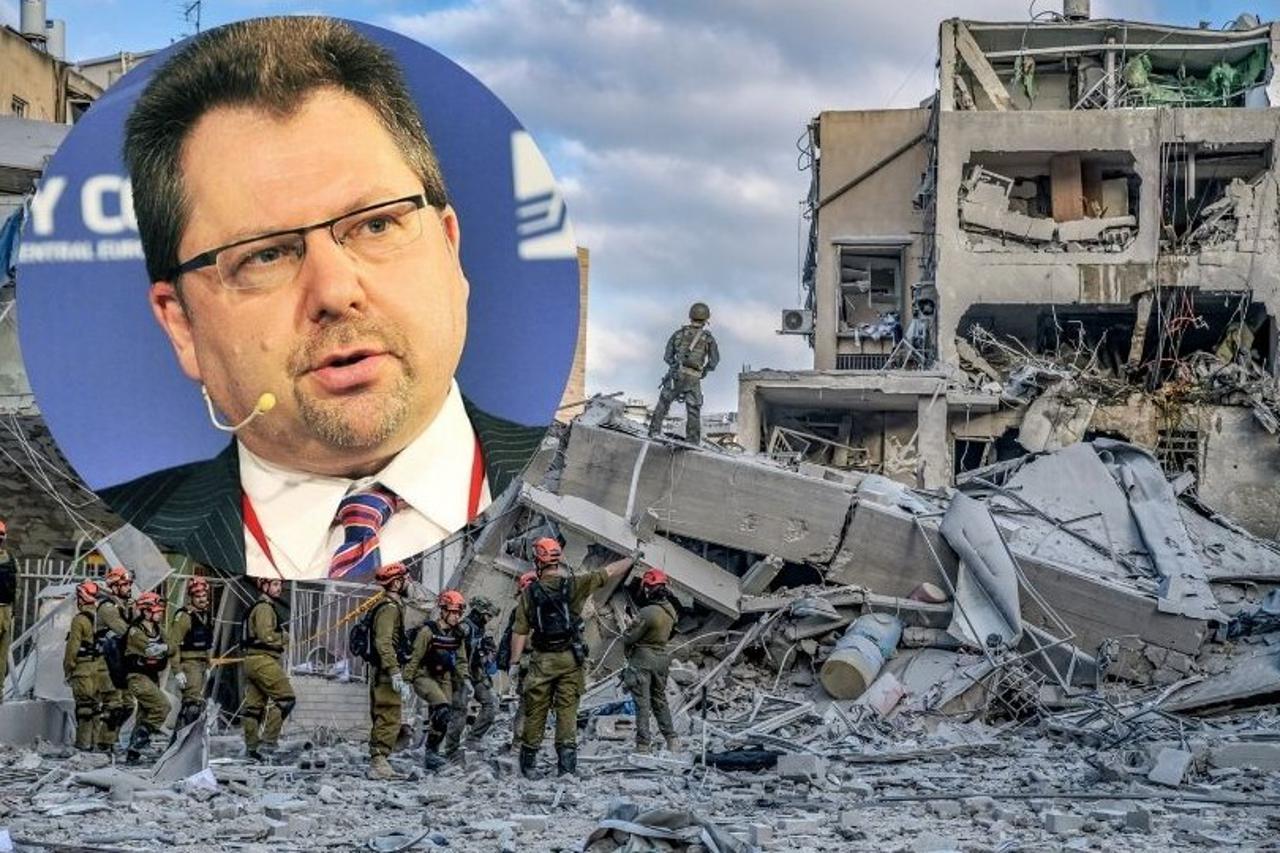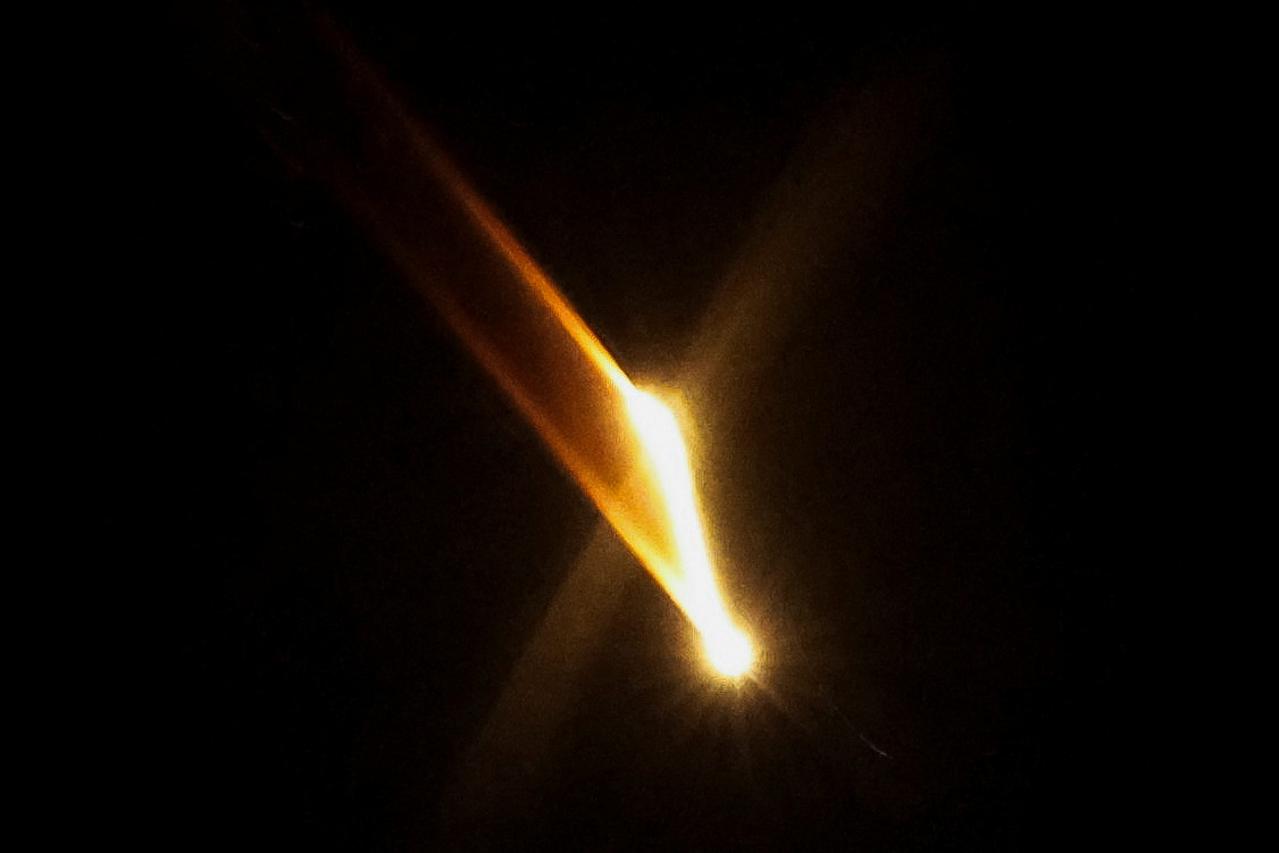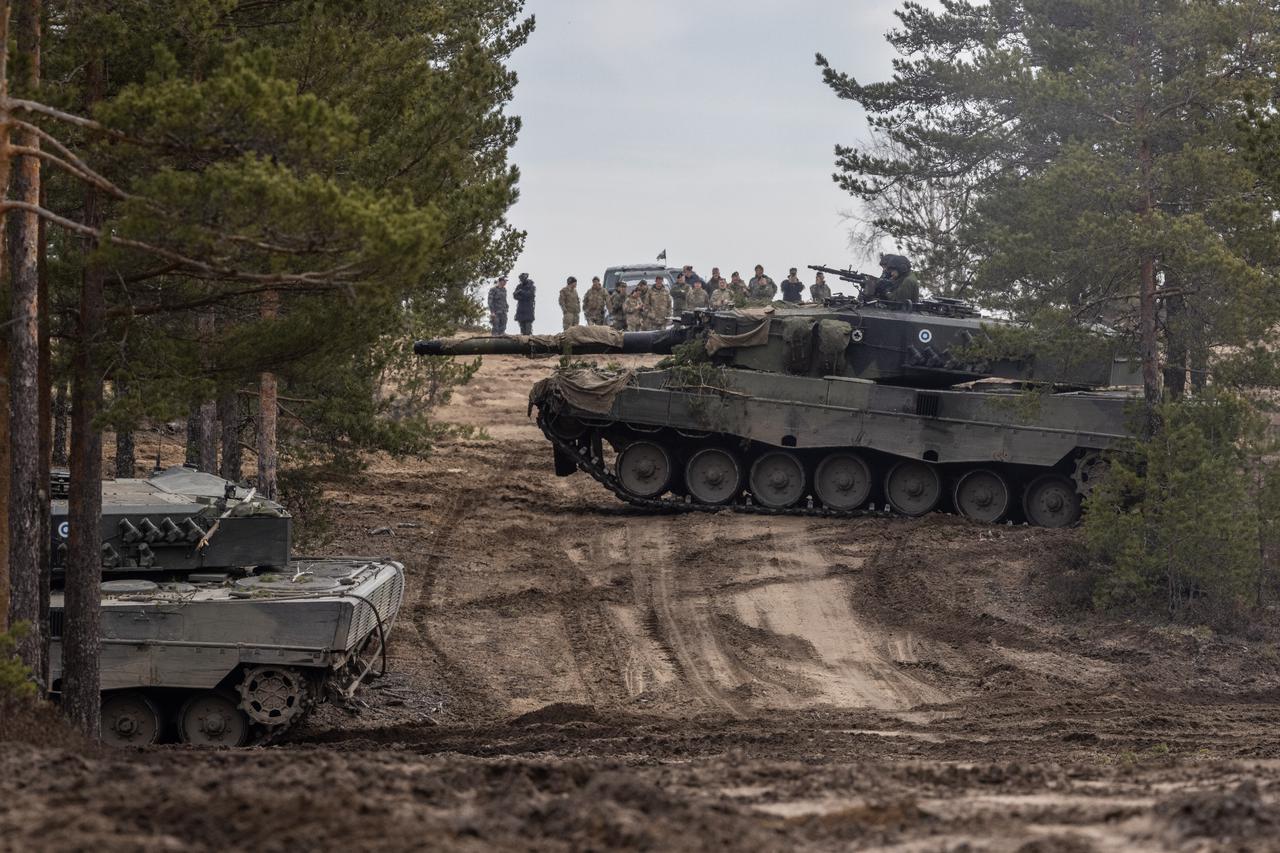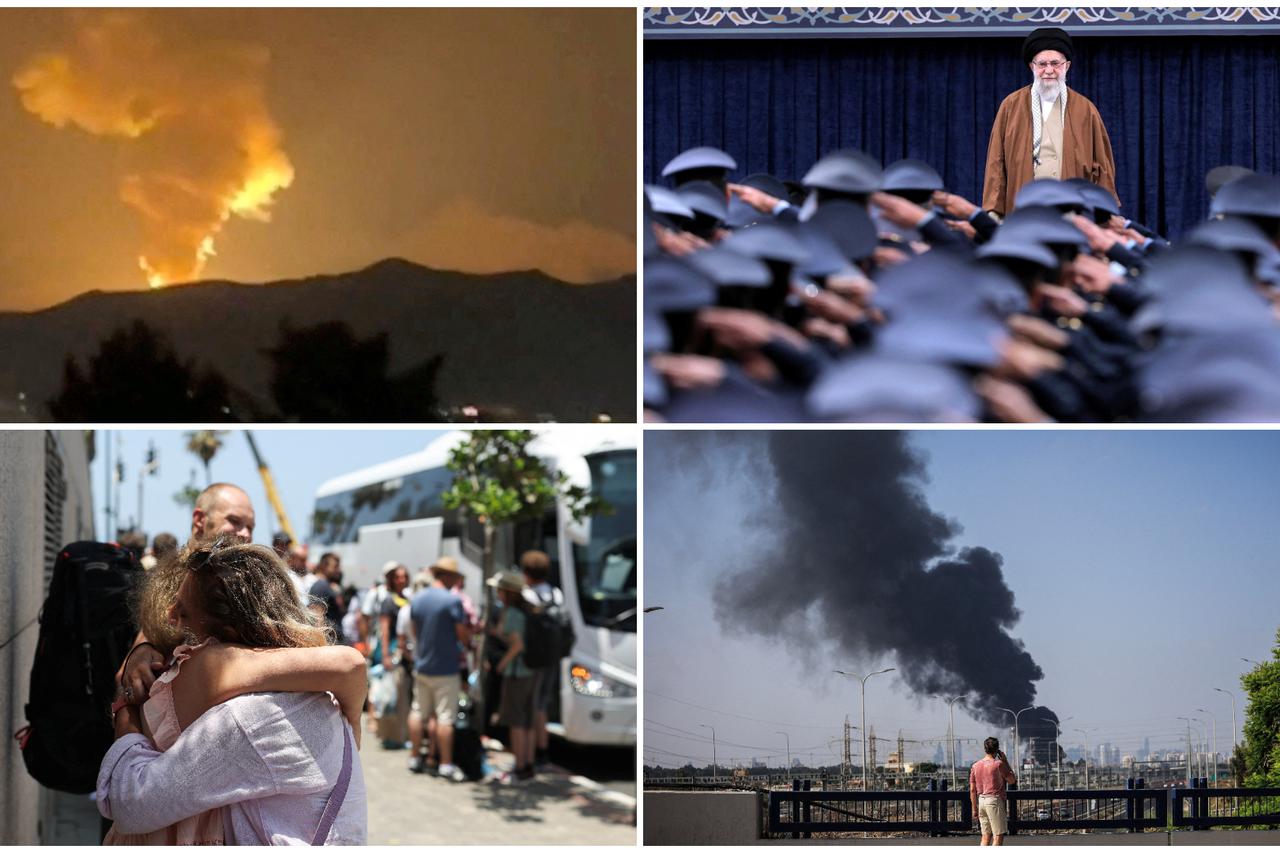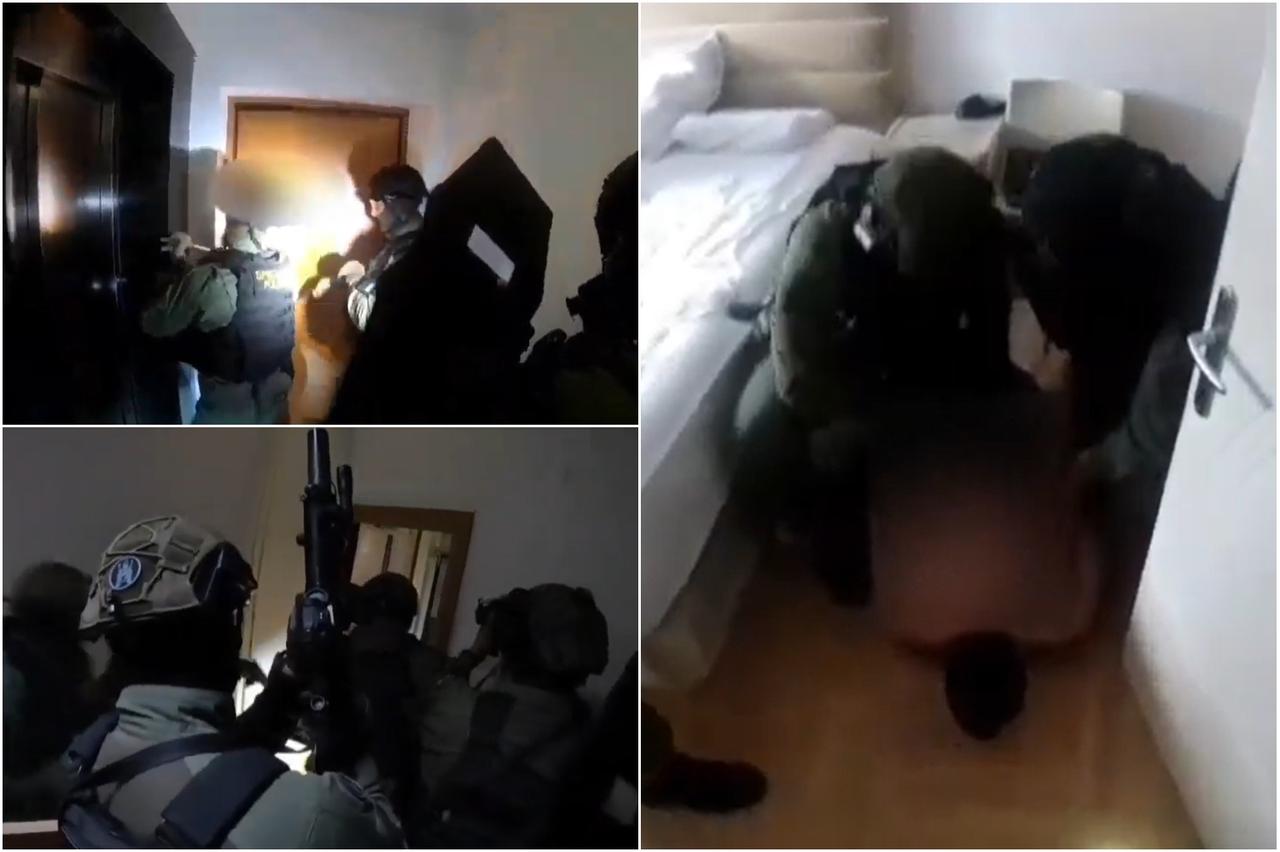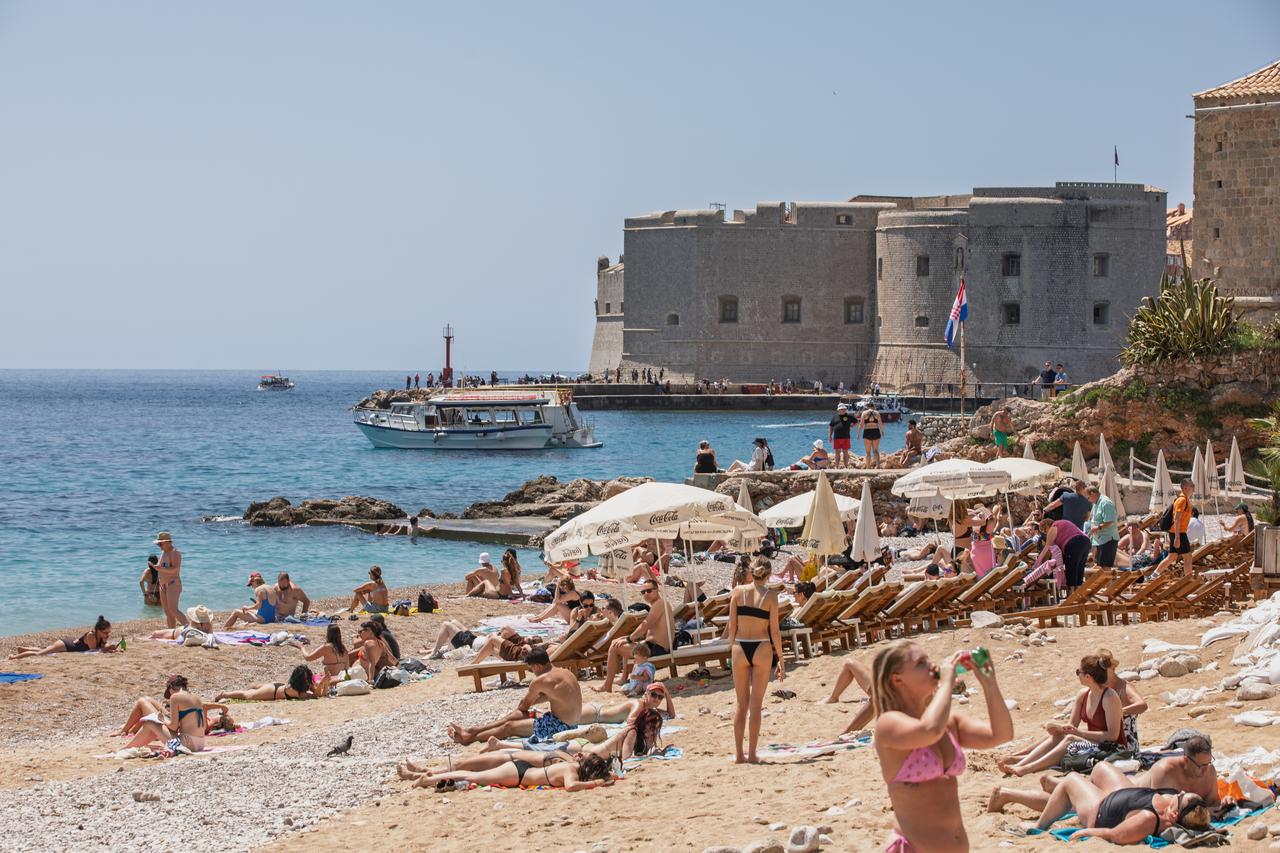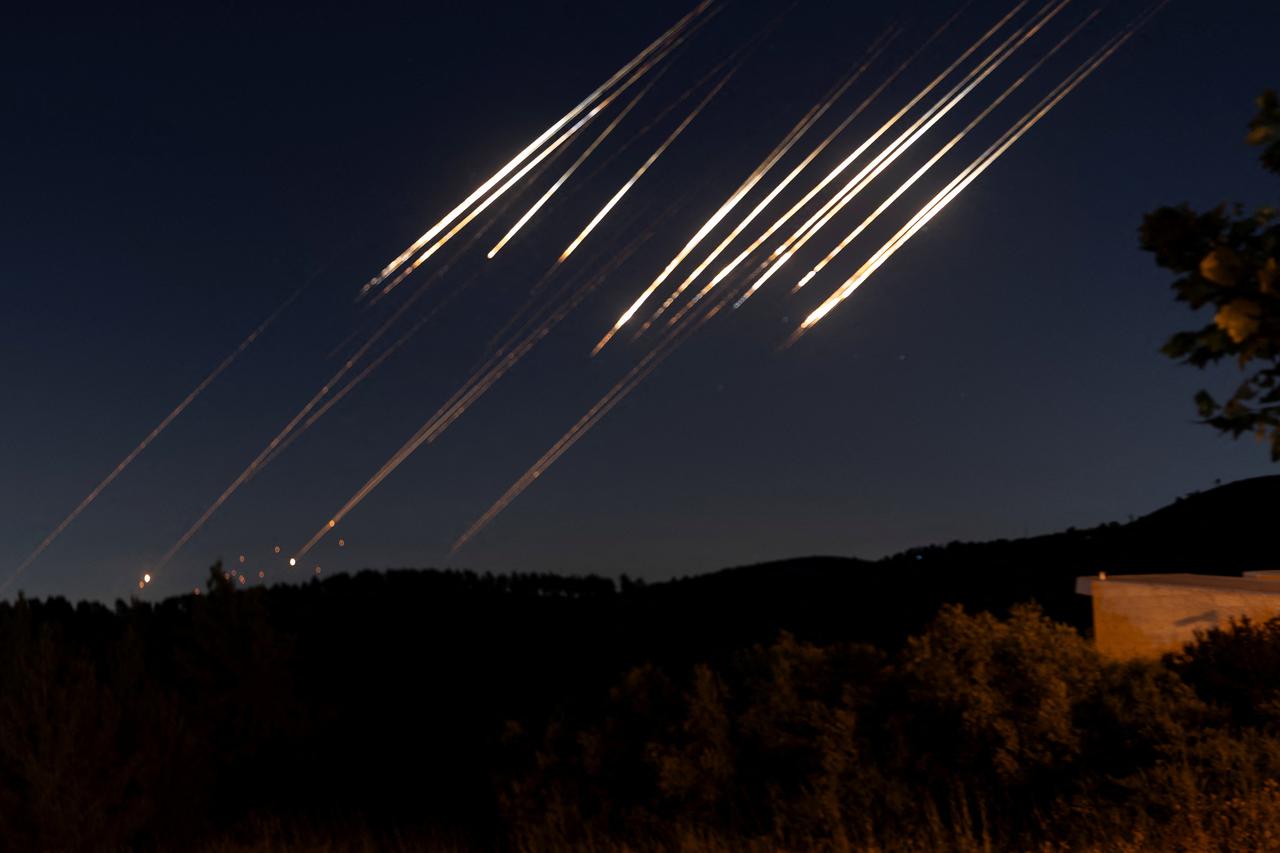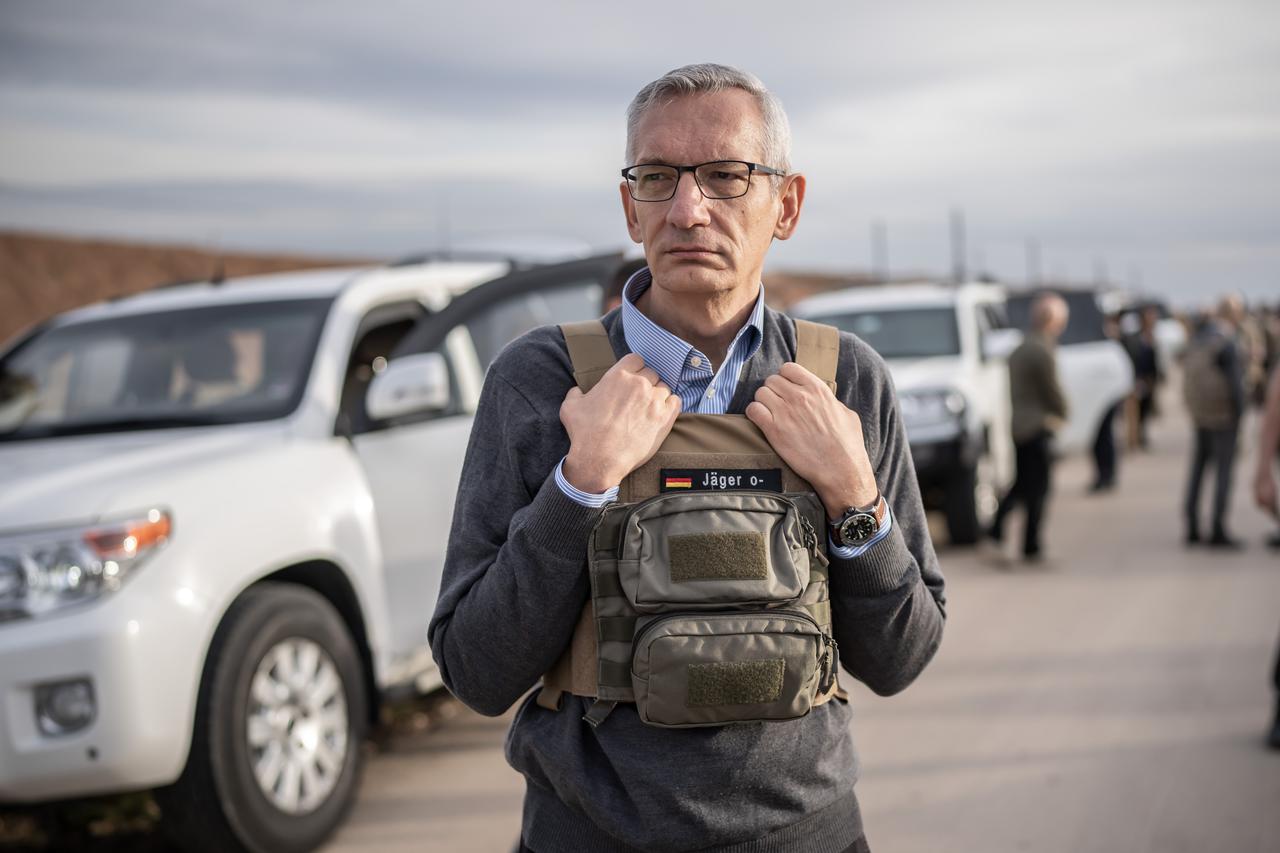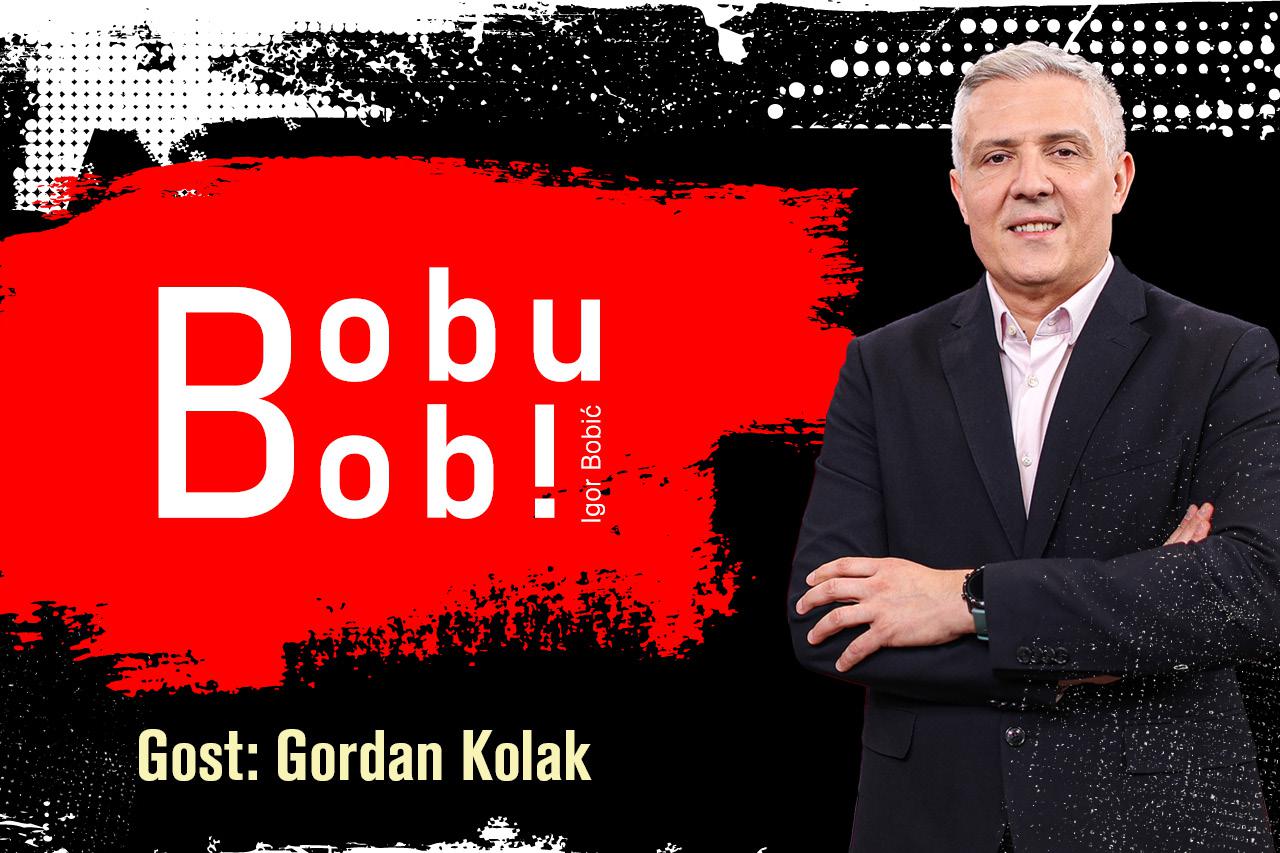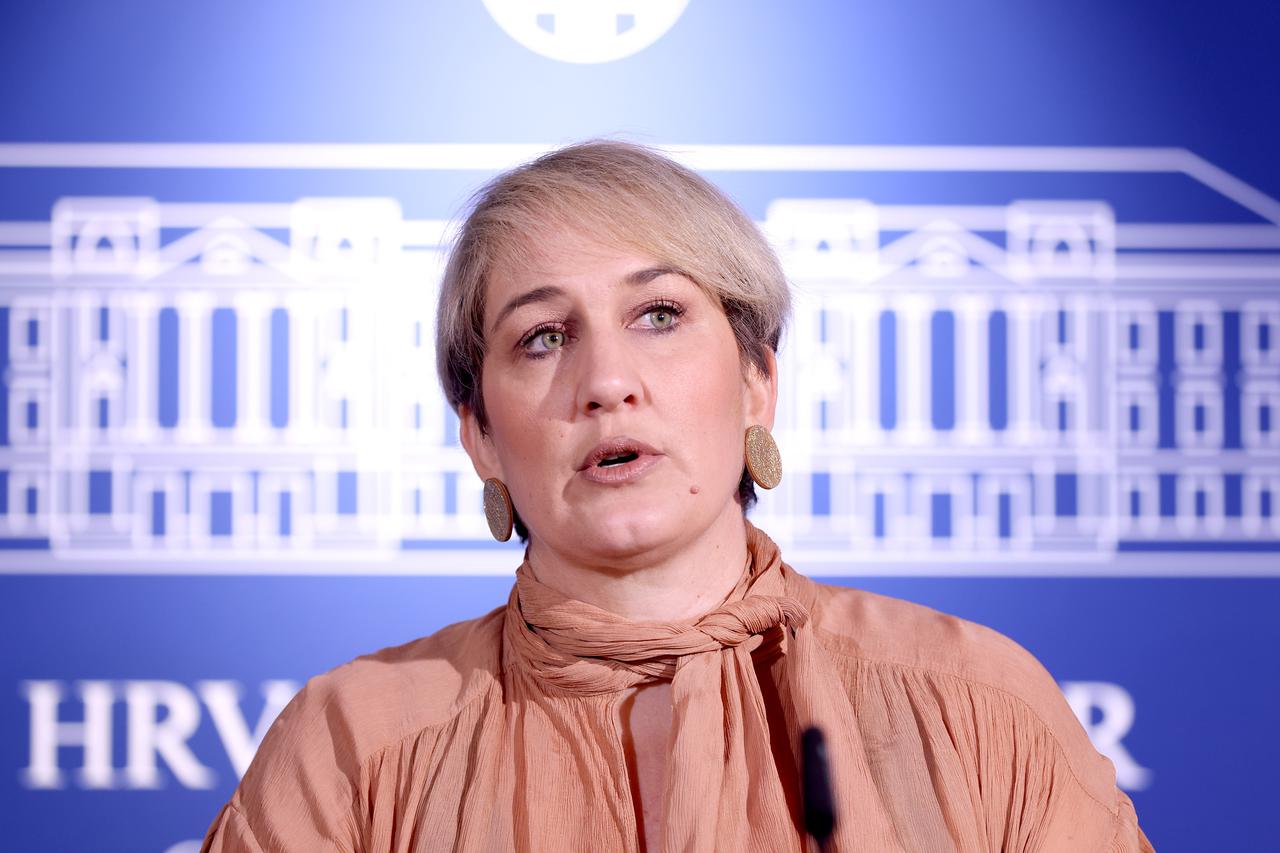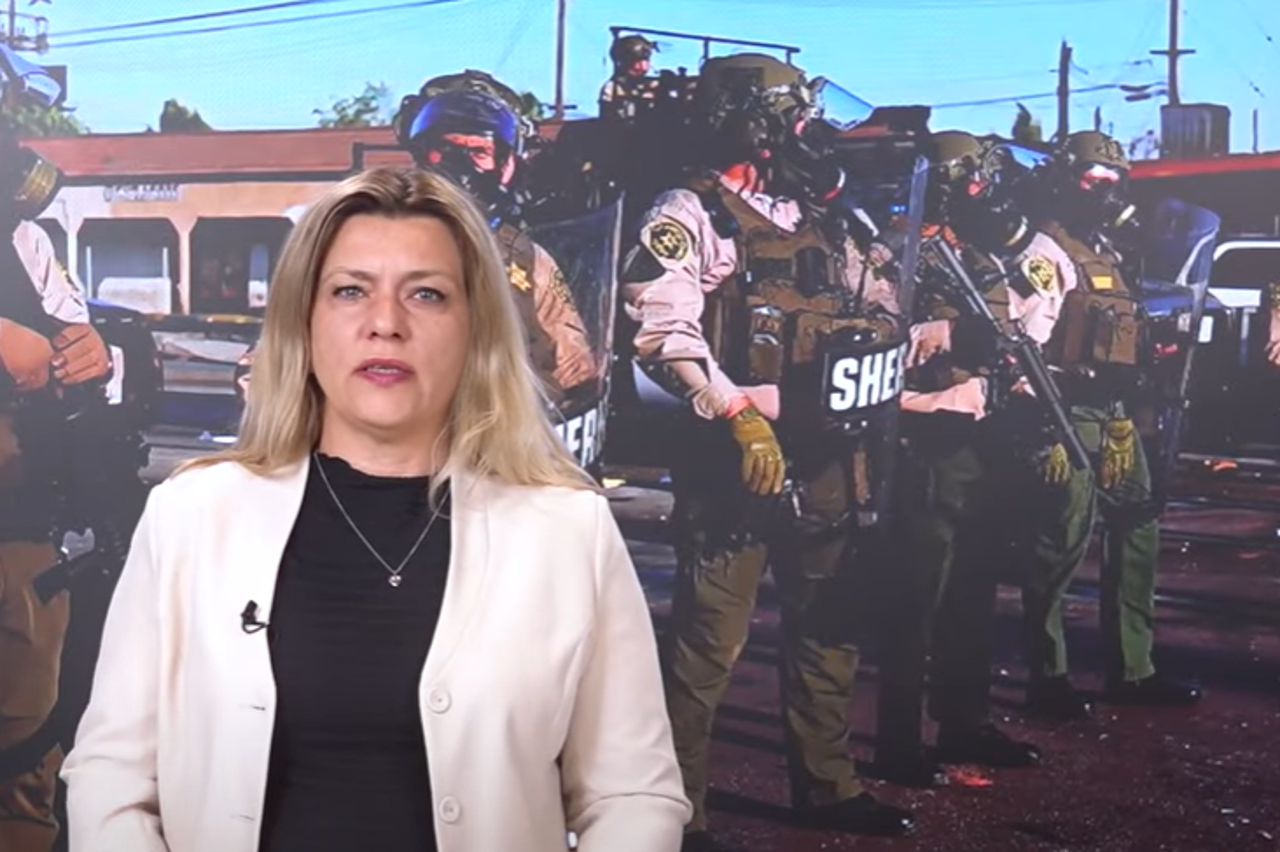The main topic of the article is the dramatic escalation of the conflict between Iran and Israel, with the potential involvement of the United States in the war. Middle East expert Hassan Haidar Diab warns about the dangerous rhetoric of Israeli Prime Minister Netanyahu, who now openly talks about overthrowing the regime in Tehran, which could lead to catastrophic consequences not only for the Middle East but for the whole of Europe. Diab highlights that the closure of the Strait of Hormuz, a key maritime point for global oil trade, would have devastating consequences for Europe. He also warns about the unpredictability of former US President Donald Trump and the far-reaching consequences of US entry into the war. Although there is no clear evidence that Iran possesses a nuclear bomb, just one mistakenly launched missile could trigger a global war. Regional actors such as Qatar, Oman, Turkey, and Russia are trying to mediate, but with little progress. The article also points to the possible spread of nuclear armament in the region, which would further destabilize the situation.
Political Perspectives:
Left: Left-leaning sources tend to emphasize the dangers of military escalation and the catastrophic humanitarian consequences of a wider war involving Iran, Israel, and potentially the US. They highlight the need for diplomatic solutions and criticize aggressive rhetoric and actions that could destabilize the region further. The unpredictability of political leaders like Donald Trump is often underscored as a risk factor.
Center: Centrist perspectives focus on the geopolitical complexities of the Iran-Israel conflict, acknowledging the risks of escalation while emphasizing the roles of regional and international actors attempting mediation. They present a balanced view of the military and political developments, stressing the importance of dialogue and the potential economic impacts, such as disruptions in global oil trade through the Strait of Hormuz.
Right: Right-leaning narratives often stress the security threats posed by Iran’s nuclear ambitions and aggressive posture towards Israel. They may support strong defensive measures by Israel and the US, viewing Iran as a destabilizing force in the region. The rhetoric of regime change in Tehran is sometimes framed as a necessary step to ensure regional and global security.








